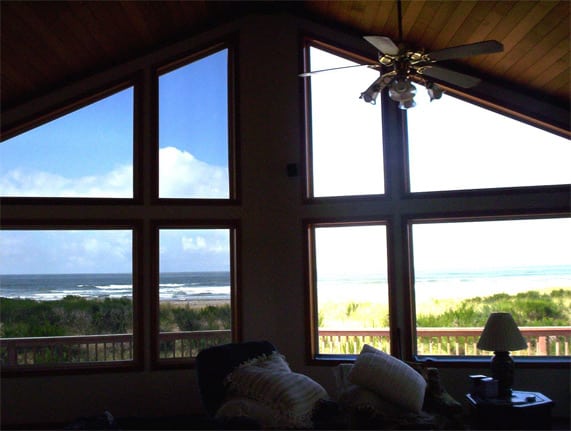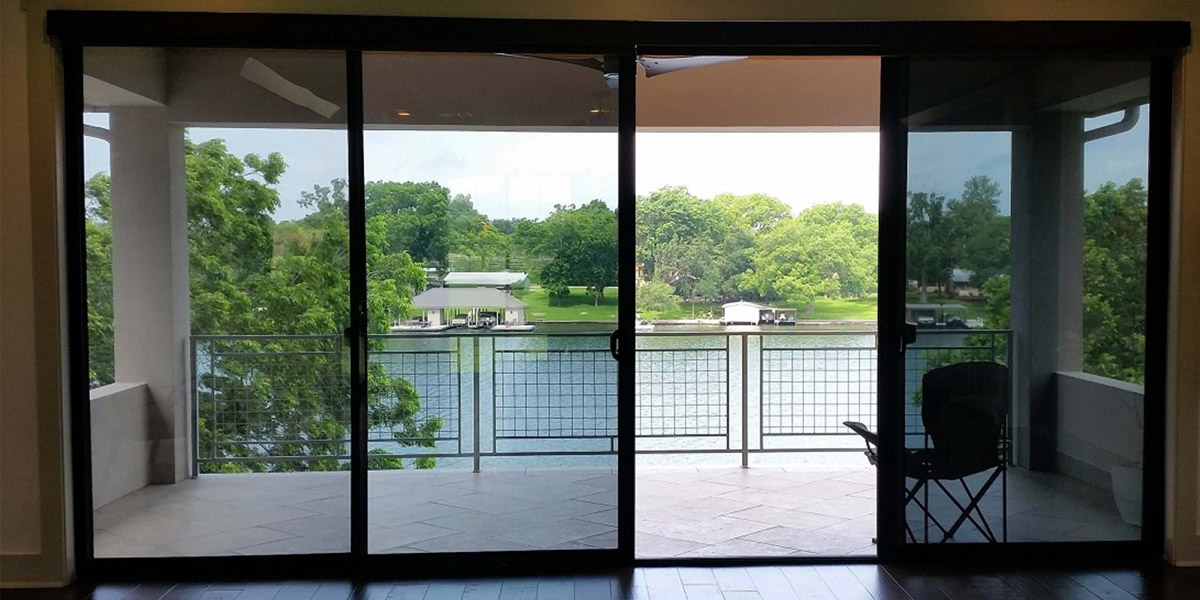Why Residential Window Tint is a Smart Investment for Homeowners
Why Residential Window Tint is a Smart Investment for Homeowners
Blog Article
Just How Residential Home Window Tinting Boosts Your Home's Energy Efficiency
Residential home window tinting presents an engaging remedy for house owners looking for to improve energy effectiveness within their living spaces. By applying specialized movies to home windows, it effectively minimizes warmth transfer, thus stabilizing indoor temperatures and decreasing the need for excessive heating or cooling.
Comprehending Home Window Tinting
Comprehending home window tinting is essential for property owners seeking to improve both comfort and energy effectiveness in their living areas. Residential Window Tint. Window tinting includes the application of a thin film to the interior or exterior surface of glass home windows. This movie can dramatically regulate the quantity of sunlight and warmth that gets in a home, therefore affecting indoor climate conditions
There are various kinds of home window tinting movies readily available, each with unique residential or commercial properties. For example, colored movies take in solar energy, while reflective films deflect it far from the glass surface area. Ceramic movies provide a balance of visibility and warmth being rejected, making them a popular choice amongst house owners. The efficiency of window tinting is often gauged by its Visible Light Transmission (VLT) portion, which indicates how much light can pass via the film.
Advantages of Power Effectiveness
Window tinting not just improves aesthetic appeals but additionally plays a considerable duty in improving energy performance within residential rooms. By decreasing warmth transfer through home windows, tinted films develop a much more secure indoor environment, which can lead to considerable decreases in energy usage for cooling and heating. This energy effectiveness converts into lower energy bills, supplying homeowners with considerable lasting savings.

Additionally, home window tinting improves the comfort of living rooms. By decreasing glare and blocking unsafe UV rays, colored windows create an even more pleasurable atmosphere, which can cause enhanced well-being for occupants. The defense versus UV rays likewise helps preserve furnishings and flooring from fading, adding to the long life of family products.
How Tinting Functions
Tinting films run through a combination of advanced products and innovations designed to regulate the amount of solar power going into a home. Largely composed of polyester, these movies typically incorporate ceramic or metal bits that soak up and reflect warm. This dual ability permits them to dramatically decrease the infiltration of ultraviolet (UV) rays and infrared radiation while allowing visible light to travel through.
The effectiveness of window tinting is determined by its solar warmth gain coefficient (SHGC), which indicates exactly how much solar power is transmitted with the home window. Lower SHGC values are better as they denote higher warm denial. Additionally, window colors can include a variety of shades, permitting homeowners to personalize their visual choices while enhancing energy effectiveness.
In addition, these films function as an obstacle, preventing heat loss during chillier months by showing indoor heat back right into the home. This thermal insulation effect complements the cooling benefits gotten throughout warmer months, adding to a well balanced indoor climate year-round. By managing solar energy successfully, household home window tinting not only enhances comfort but also plays an important function in minimizing power intake and lowering utility bills.
Choosing the Right Tint

There are different kinds of window films readily available, including dyed, metalized, and ceramic. Ceramic films give excellent warm control without endangering visibility and are extremely long lasting, making them a prominent selection.
Visible light transmission (VLT) is an additional crucial aspect, as it indicates the quantity of natural light that can go through the colored glass. Property owners need to choose a color with a VLT that matches their illumination preferences while still giving sufficient glow reduction.
In addition, evaluating the solar warmth gain coefficient (SHGC) can aid establish exactly how well a tint can obstruct warmth from sunlight. A lower SHGC indicates better warm control, inevitably boosting power performance.
Installation and Upkeep Tips
Appropriate installment and upkeep are important components in maximizing the benefits of household home window tinting. Professionals additionally utilize specialized strategies and tools, which can enhance the toughness and effectiveness of the tint.
Complying with installment, maintenance is important to extend the life of the home window movie. It is suggested to wait at least 30 days prior to cleaning up the tinted windows to permit the sticky to cure completely.
Furthermore, regular inspections are useful. Look for any type of peeling or bubbling, which might suggest inappropriate installation or put on gradually - Residential Window Tint. Dealing with these issues immediately can protect against further damage and preserve power performance. By sticking to these installment and upkeep suggestions, property owners can ensure their home window tinting remains to supply significant power savings and comfort for many years find here to come.
Conclusion
To conclude, domestic home window tinting works as a reliable solution for enhancing power efficiency within homes. By minimizing heat transfer and blocking dangerous UV rays, home window movies add to lower power consumption and improved interior convenience. The selection of appropriate tinting materials, together with correct setup and upkeep, additionally takes full advantage of these advantages. Ultimately, window tinting represents a lasting financial investment that not only lowers energy costs but likewise advertises a comfy living setting throughout the year.
Home window tinting entails the application of a slim film to the interior or outside surface of glass windows. By decreasing warmth transfer via windows, tinted films develop an best site extra steady interior climate, which can lead to significant reductions in energy consumption for heating and air conditioning.The efficiency of window tinting is determined by its solar heat gain coefficient (SHGC), which shows how much solar power is transmitted through the home window. By handling solar power efficiently, property home window tinting not just boosts convenience yet also plays a vital role in minimizing power usage and reducing utility expenses.
By decreasing warm transfer and blocking dangerous UV rays, window movies contribute to reduce power usage and improved interior comfort.
Report this page